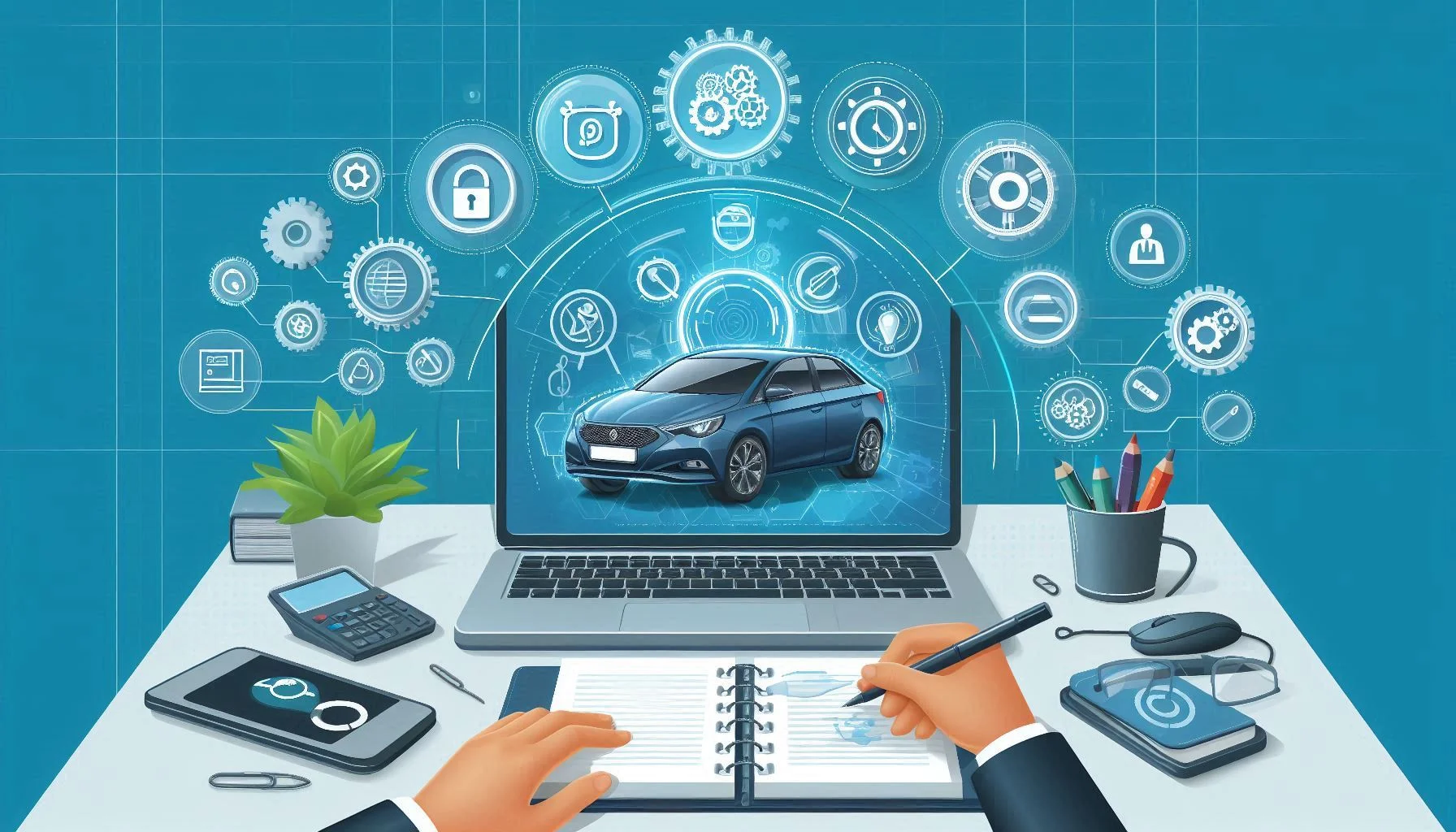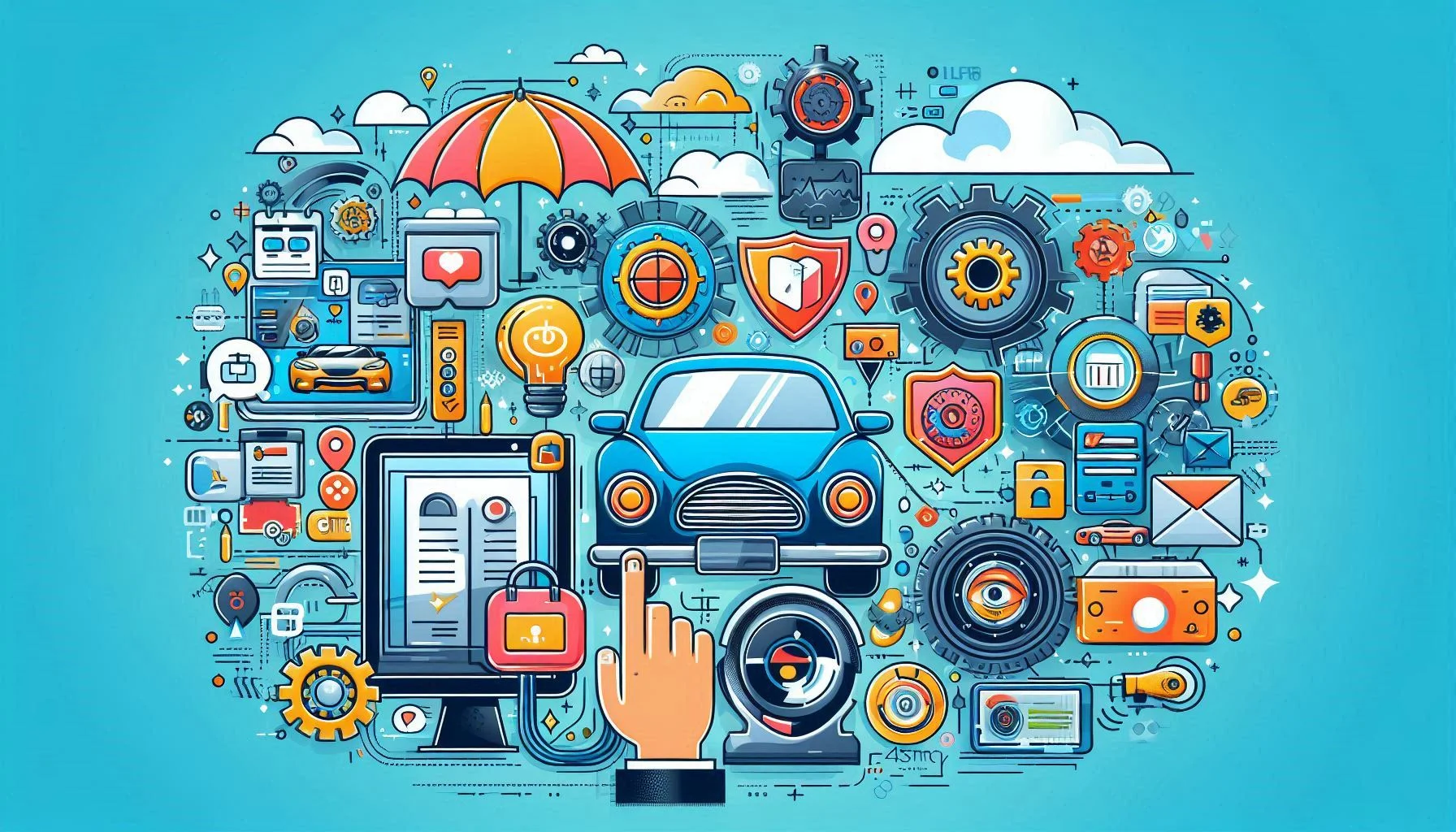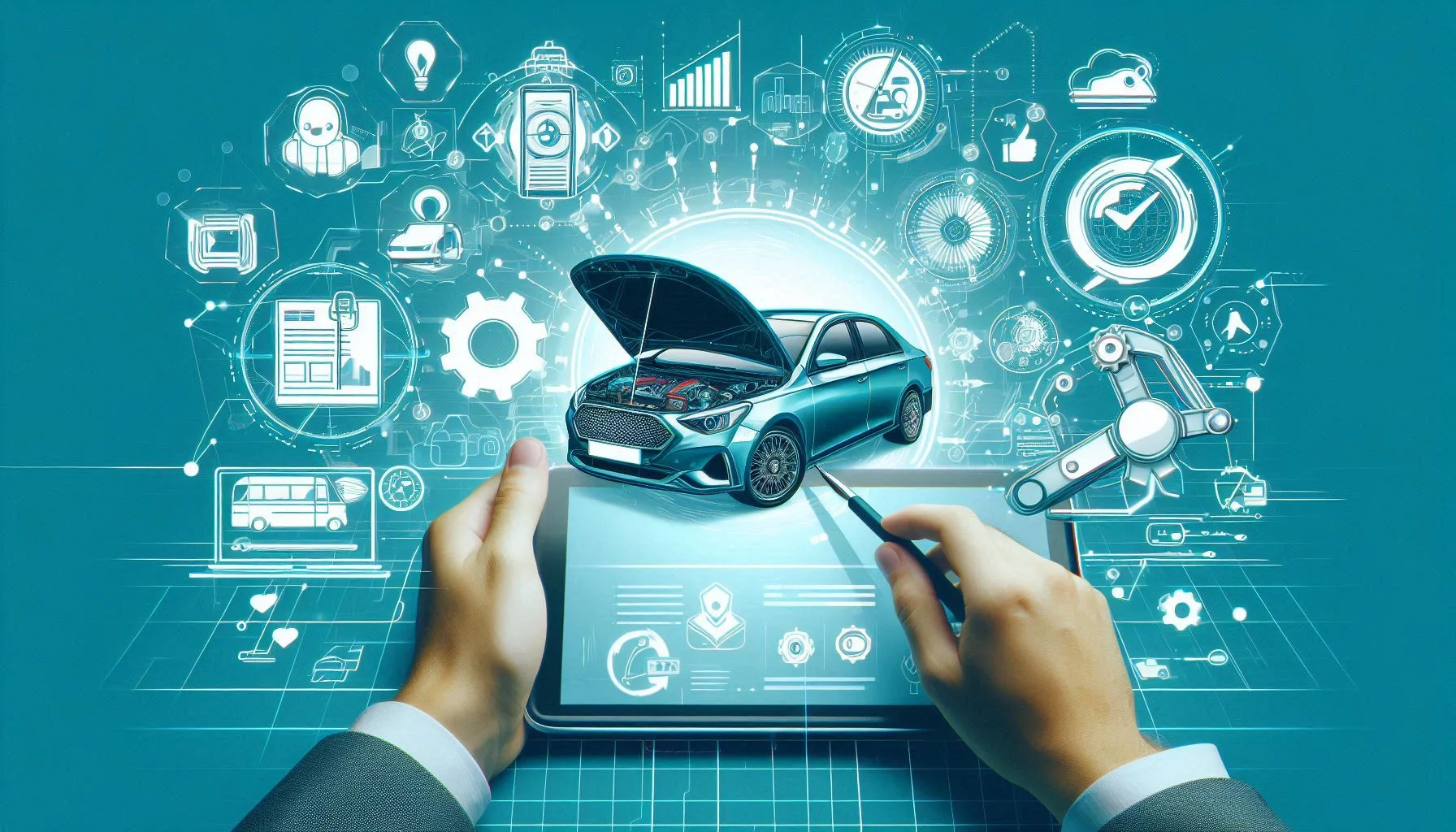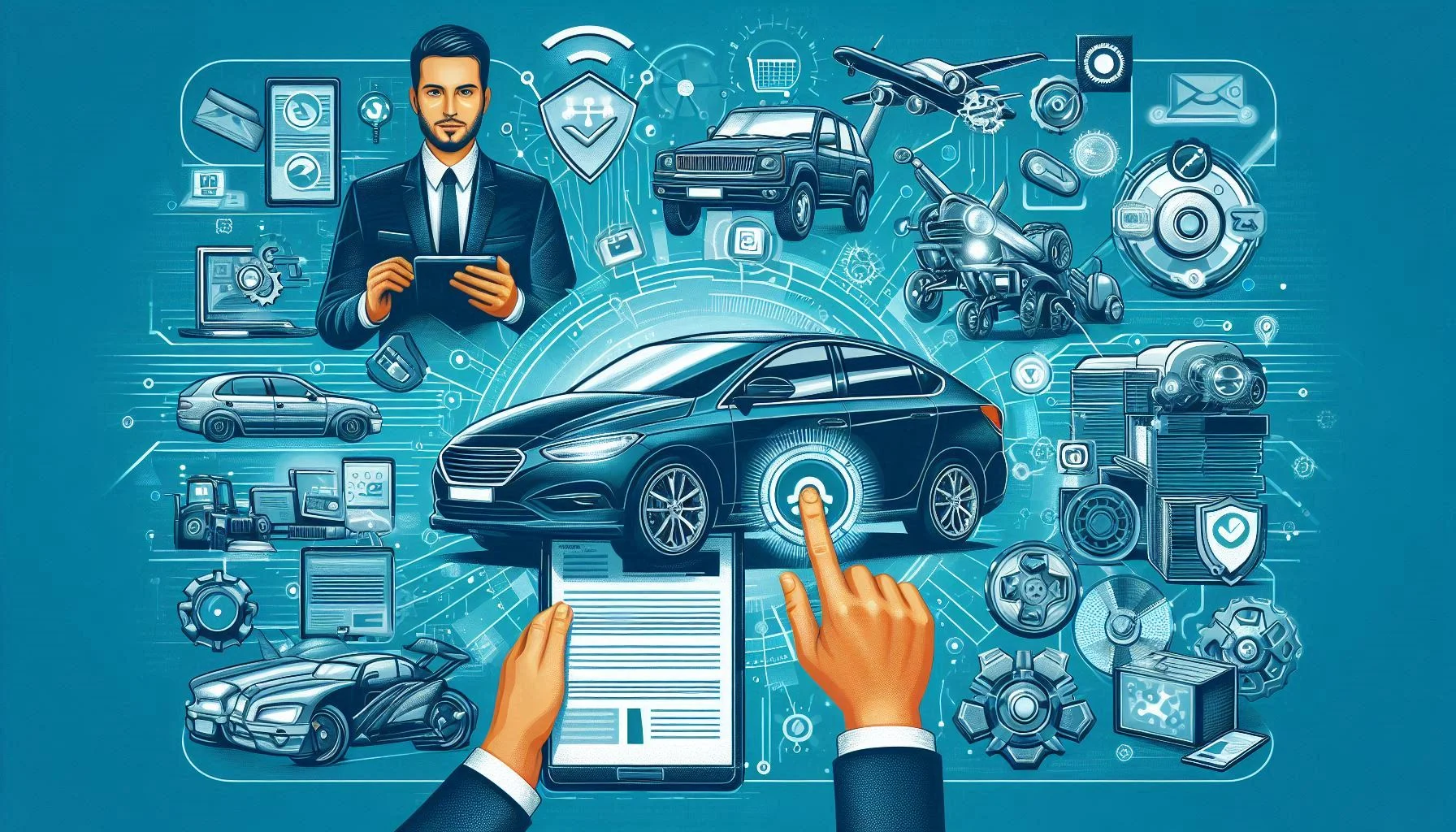How Tech is Changing the Car Insurance Industry: ABC’s Expert Insights
As technology continues to transform various aspects of our lives, the car insurance industry is not immune to its effects. The increasing adoption of digital solutions is revolutionizing the way insurance companies operate, interact with customers, and provide services. In this blog post, we will delve into the exciting changes that technology is bringing to the car insurance industry and explore the expert insights from ABC’s experts.
The Era of Digital Insurance
In recent years, the traditional car insurance industry has been slow to adopt digital solutions. However, the growing demand for convenient and seamless customer experiences has forced insurers to adapt to the digital landscape. With the increasing use of mobile devices, social media, and cloud computing, insurers are now leveraging these technologies to enhance their offerings. For instance, online portals and mobile apps have become essential for policy management, claims submission, and billing. These digital platforms not only save time and reduce costs but also provide customers with a more personalized and engaging experience.
Section 2: Predictive Analytics and Data-Driven Insights

Predictive Analytics and Data-Driven Insights
The proliferation of connected devices and sensors is generating vast amounts of data that can be used to identify patterns, predict behaviors, and provide actionable insights. Predictive analytics is being increasingly used in the car insurance industry to detect and prevent fraud, optimize claims processing, and offer tailored policies. By leveraging data analytics, insurers can segment their customers based on risk profiles, offer customized pricing, and improve risk assessment. Moreover, machine learning algorithms can help identify and flag potential fraudsters, reducing claims costs and improving the overall efficiency of the claims process.
With the help of data analytics, insurers can also better understand customer behavior, preferences, and expectations. By analyzing customer data, insurers can identify the most effective communication channels, tailor their marketing strategies, and provide targeted services. Furthermore, data analytics can help insurers develop new products and services that cater to the evolving needs of customers.
Section 3: Artificial Intelligence and Automation

Artificial Intelligence and Automation
Artificial intelligence (AI) and automation are transforming the car insurance industry in several ways. AI-powered chatbots and virtual assistants are being used to handle customer inquiries, provide policy information, and facilitate claims reporting. These AI-powered systems can handle a large volume of customer interactions simultaneously, reducing wait times and improving customer satisfaction.
In addition, AI is being used to analyze claims data, identify trends, and detect potential fraud. By leveraging AI, insurers can streamline their claims processing, reduce processing times, and improve the accuracy of claims adjudication. Furthermore, AI-powered risk assessment algorithms can help insurers identify high-risk drivers, providing them with targeted risk reduction programs and personalized advice.
Section 4: Internet of Things (IoT) and Connected Cars
Internet of Things (IoT) and Connected Cars
The Internet of Things (IoT) is revolutionizing the car insurance industry by enabling real-time data exchange between vehicles, drivers, and insurers. With the increasing adoption of connected cars, insurers can access valuable data on driver behavior, vehicle performance, and road conditions. This data can be used to improve risk assessment, reduce claims costs, and develop personalized insurance products.
Connected cars can also be equipped with advanced safety features, such as lane departure warning systems and collision avoidance sensors, which can help reduce the frequency and severity of accidents. Insurers can leverage this data to develop new products and services that cater to the evolving needs of connected car owners.
Section 5: Blockchain Technology and Secure Data Exchange

Blockchain Technology and Secure Data Exchange
Blockchain technology is gaining traction in the car insurance industry as a means to secure data exchange and protect customer information. Blockchain enables the creation of a secure, decentralized, and transparent network that allows insurers to share data with partners and stakeholders. This secure data exchange can help reduce claims costs, improve customer service, and enhance risk assessment.
Furthermore, blockchain can be used to develop decentralized applications (dApps) that enable policyholders to access their insurance information, track claims, and communicate with insurers securely. This can help reduce the administrative burden on insurers, improve customer satisfaction, and increase policyholder engagement.
Conclusion
In conclusion, the car insurance industry is undergoing a significant transformation, driven by technological advancements and changing customer expectations. The increasing adoption of digital solutions, predictive analytics, artificial intelligence, and IoT devices is revolutionizing the way insurers operate, interact with customers, and provide services. As the industry continues to evolve, it is essential for insurers to adapt to these changes, invest in digital solutions, and provide customers with a seamless and personalized experience.
